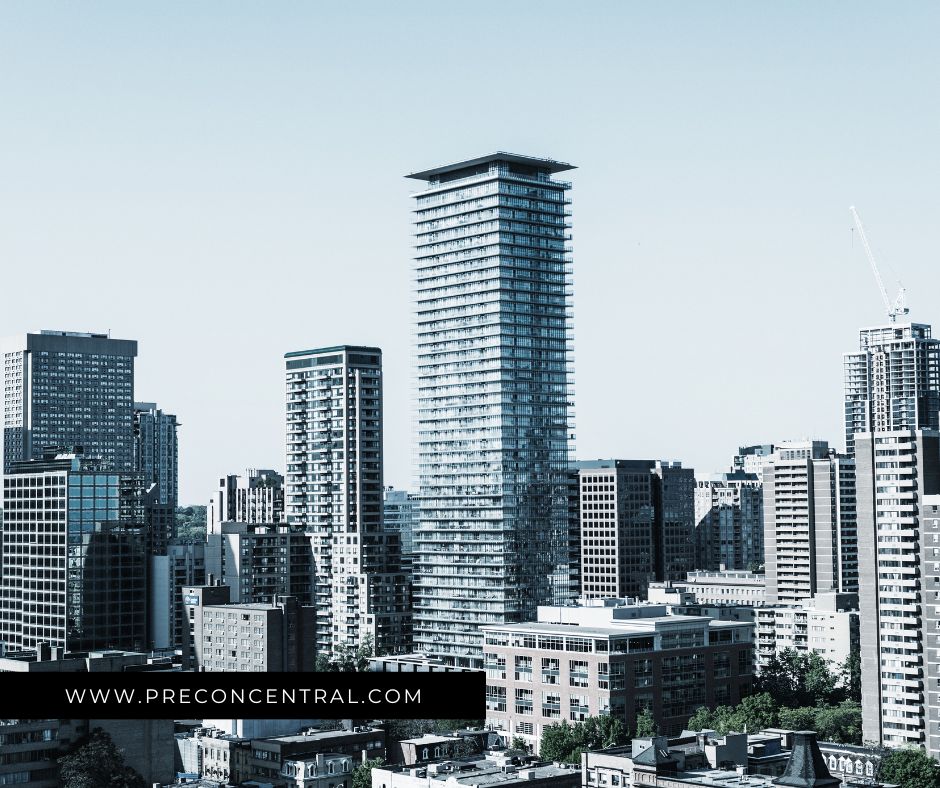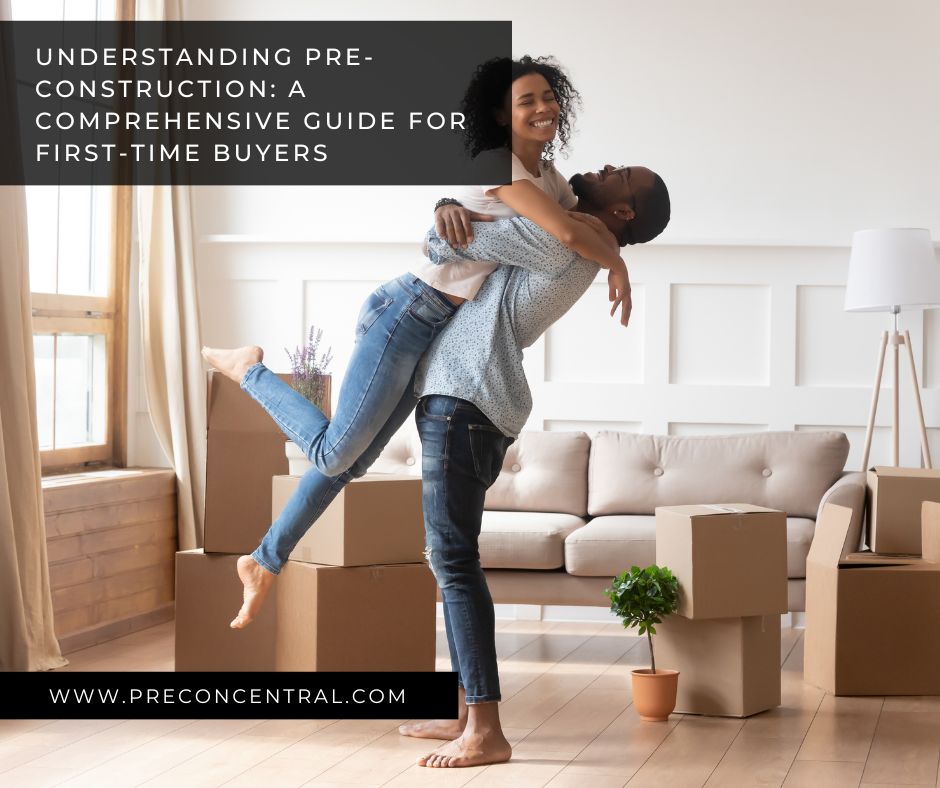As a first-time buyer, the world of real estate can often seem like an overwhelming maze of terms, procedures, and decisions. One term you might have come across is “pre-construction.” But what exactly does it mean? And is it the right choice for you? Welcome to our comprehensive guide to understanding pre-construction, tailored specifically for first-time buyers.

What is Pre-Construction?
Pre-construction refers to purchasing a property before it’s fully constructed, often before construction has even begun. This means you’re buying based on the developer’s plans and artist renderings, rather than a physical property you can walk through. It may sound daunting, but it can also offer unique opportunities for savvy buyers.
Why Consider Pre-Construction?
There are several potential benefits to buying pre-construction. These include:
Price: Pre-construction properties are often priced lower than comparable existing homes, primarily because you’re buying in advance and the developer is looking to secure sales to finance construction.
Appreciation: If the housing market goes up during construction, your property could be worth significantly more by the time it’s completed.
Customization: Buying pre-construction often allows you to customize your new home, choosing finishes, layouts, and upgrades that suit your style.
Risks and Considerations
While pre-construction can offer unique advantages, it also comes with its own set of risks and considerations. Here are a few to keep in mind:
Delays: Construction projects often run into delays, which can mean waiting longer than expected to move into your new home.
Changes: Sometimes, developers need to change the plans after they’ve started, which could impact your final product.
Financing: Securing a mortgage for a property that doesn’t yet exist can be complicated. You’ll need to work closely with your lender to understand the process.

The Pre-Construction Process: Step by Step
1. Research: Start by researching developers and locations. Look for developers with a strong track record and locations that are poised for growth.
2. Reservation: Once you’ve chosen a project, you’ll often reserve your unit with a deposit.
3. Contract: You’ll then sign a contract, which outlines the details of what you’re buying, the price, and the timeline.
4. Construction: During the construction phase, you’ll need to secure your financing and prepare for closing.
5. Closing: Once the property is complete, you’ll go through the closing process, just as you would with an existing home.
Remember, buying pre-construction isn’t for everyone, but understanding what it is, why it can be beneficial, and what risks to consider, can help you make an informed decision. If you’re considering a pre-construction property, working with an experienced real estate agent who specializes in this type of sale can be incredibly beneficial.
Here at Pre-Con Central, we are passionate about helping first-time buyers navigate the exciting world of pre-construction properties. Reach out to us with any questions or to get started on your pre-construction journey.



